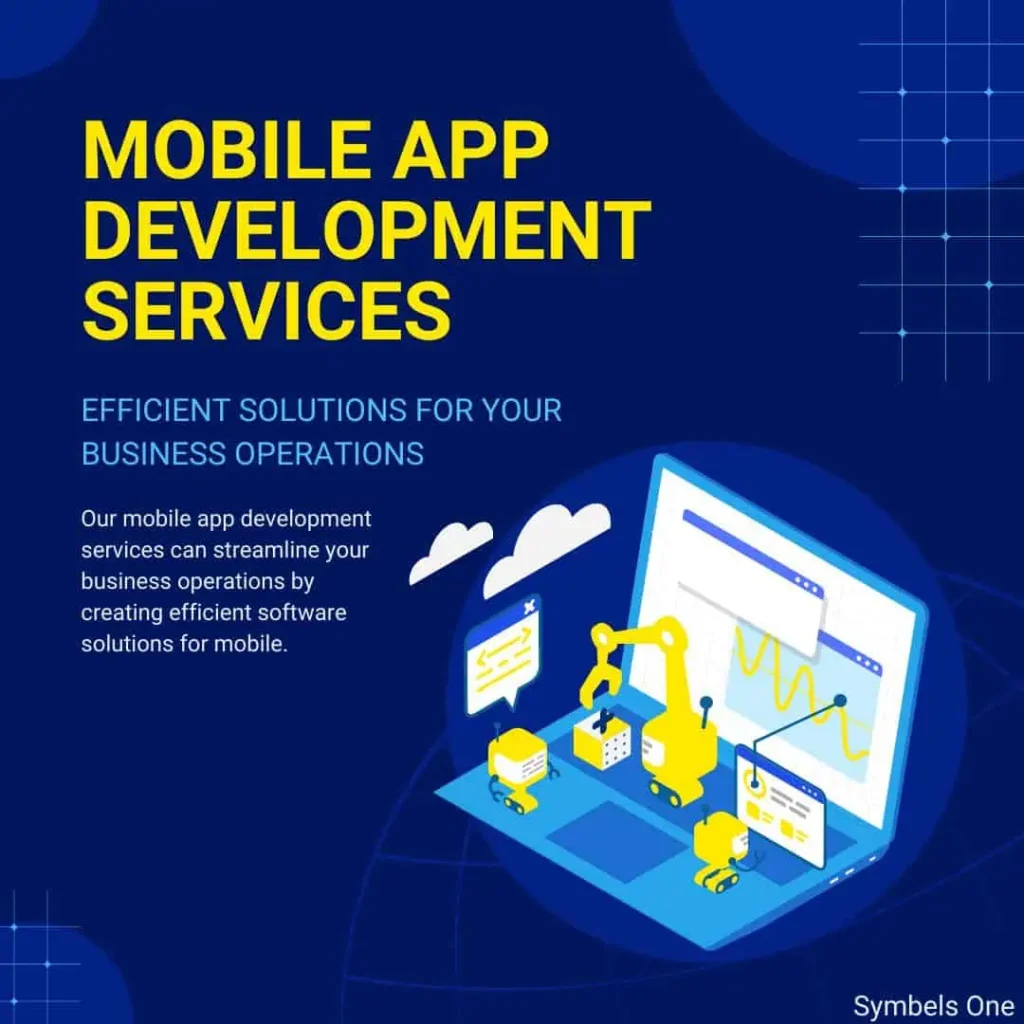Introduction
Artificial Intelligence (AI) has changed from a futuristic concept to a pressing tool with AI revolution that is being used in the industry. AI has now become pervasive and omnipresent across almost all professional industries and areas of study. One of the industries that AI is impacting is software testing. Through time, traditional software testing methods have failed to keep up with complex applications of modern applications, causing inefficiencies and quality gaps in the quality assurance exercise. AI in testing now seems like the most probable answer for all the people who are trying to automate, optimize and innovate the testing process. The reader will find the following exploration into the AI in testing truly comprehensive.
Understanding AI in Software Testing

Artificial Intelligence (AI) is a collection of technologies that allow machines to sense, comprehend, act and learn. In the context of software testing, AI is utilized to automate, improve and speed up various aspects of the testing lifecycle.
Test case generation is one of the major applications of AI in software testing. Many traditional test case generation methods require a lot of manual effort which is time-consuming, and there is a chance of oversight. AI algorithms, particularly machine learning algorithms can analyze the code, find out edge cases and generate test scenarios automatically. By deploying AI for test case generation, organizations can generate large amounts of test cases with higher testing efficiency and test coverage. This can help test various features to a greater extent ensuring implementations of critical functionalities.
With the help of Artificial Intelligence, it is also possible to test execution and analysis. We already know that AI can execute scripts as well. By using new testing tools, those are implemented newly with the help of new algorithms a Tester can execute their script and also it can monitor the behaviour of the application and it can raise a defect or anomaly if it found any during the execution. Even those tools are having sophisticated algorithms like recommender system algorithms. So based on the priority of the result of the test script, tool can also prioritize it accordingly to the severity and it can analyze the data of the previous run and it can use machine learning algorithms to predict the results, then it executes the new test run. The tool can predict based on the results of the multiple runs and machine learning then it will tell tester that where is the flow on which there could be a possible fail and so software tester will need to focus on the specific area.
Benefits of Artificial Intelligence in Software Testing
Integrating AI into software testing comes with great advantages and benefits, changing the testing landscape in order to increase software quality.
- Boosted Test Scope: Artificial intelligence testing solutions are capable of detecting elaborate test scenarios and corner cases that can be limited in testing manually. Through deep dive analysis on code and data in substantial quantity, AI algorithms can afford broad test coverage that is needed to fully control and validate all functionalities thoroughly.
- Accelerated Cycles for Testing: AI can automate testing processes, thus significantly reducing time and effort required for test execution and analysis. AI-driven testing tools can execute scripts on a large scale covering regression testing, performance testing, and compatibility testing that require the cycles of different environments. AI tools can perform these cycles at a much faster pace compared to manual testing while announcing the test result. Exceptions are highlighted by these tools to the tester for further investigation.
- Improved accuracy and reliability: AI-powered testing tools use advanced algorithms to identify even the most subtle defects, performance bottlenecks and security vulnerabilities that might easily be missed in a manual set of software tests. By improving accuracy and reliability, AI helps organizations build and deliver higher quality and more robust software products, which in turn increases customer satisfaction and loyalty.
- Cost Efficiency: Automation is key when it comes to lowering costs, and with AI, all of the guesswork is taken out. While Manual testing requires human intervention for every single run or test, AI only needs to be told what to test for and it will do so, meaning that the only cost will be while incorporating the AI testing. This keeps costs low and will always be much cheaper than the wages of hundreds of software testers. At the same time, AI testing is also 100% cheaper as it is programmed and it doesn’t need a holiday, benefits, lunch breaks or a wage.
- Scalability and Flexibility: As a result of the use of artificial intelligence, AI-driven testing solutions are inherently scalable and flexible. Traditional testing tools and methods may work well for certain types or sizes of applications but when the application is scaled, complexity may also increase and different types of testing may be needed. AI-driven testing can easily and often automatically adapt to the different and changing needs of testing enterprise scale software, allowing testing to keep pace with development. In other words, it can accommodate evolving workloads, environments, and requirements. Classic testing engines that were designed before technologies like virtualization, cloud, and agile made testing much more complex. Classic testing engines face difficulty accommodating the new testing paradigms whereas artificial intelligence (AI) testing can flex to accommodate the new needs. If you are going to test a typical three-tier web application, classic testing engines will do but still not nearly as AI. Even if you are testing some enterprise application you might still be able to use classical tools. Scaling comes in when you want to test major enterprise systems or a global enterprise venture system.
Challenges and Considerations for using AI in Software Testing
Even though there are many benefits to use AI in software testing it is also important to consider some of the challenges and other things you have to take into account when using this tool to be fully effective and eliminate any possible threats.
- Data Quality and Availability: AI algorithms rely heavily on quality data for their development, testing and validation. Ensuring the availability of suitable representative and high-quality data is one of the biggest challenge, especially in case of few historic data records or if the data comes from proprietary or legacy systems.
- Algorithmic Bias and Fairness: Given that AI Algorithms are created and trained, these algorithms can contain what we call “biases” either malevolent or unintentionally and given that the data set that is based on humans and so data can sometimes be easily skewed. Fairness and bias should be evaluated across every stage in the testing process, not just as a final check. It is important to look at the fairness and bias part, this area will become increasingly important as we see AI take on roles that carry with them high implications.
- Expertise and Skills Gap: There is a skills and expertise gap for implementing an AI-driven software testing solution. Both software testing and AI technologies are specialized areas, which could limit the number of individuals in a given organization that possess training/experience in both areas. Consequently, the potential to use AI in software testing may be limited.
- Security and privacy concerns: AI-powered testing tools may have access to sensitive data, your code repositories or even your production environments which raise concerns over your security, privacy and confidentiality. Robust security measures should be in place, the encryption protocols should be strong and the right access controls in place to ensure your data isn’t breached or unauthorized.
- Tool Selection and Integration: There is plethora of AI-driven testing tools available in the market which makes selection of the right tool for a particular testing need difficult. On top of that, to make the right pick, organizations need to consider the tool’s compatibility, scalability, ease of integration, vendor support and total cost of ownership. Selection of an AI-driven testing tool should be done in alignment with organization’s strategic objectives and technical infrastructure.
Future Implications and Trends with AI
The adoption of AI in software testing will continue to grow rapidly. This will be caused by advancements in AI technologies, increasing demand for automation, and the increasing complexity of software systems. Some emerging trends and future implications include:
- Autonomous Testing: Intelligent Testing tools will become more autonomous and less reliant on human interventions. The tools will leverage AI algorithms to generate test cases and execute with minimal human intervention. The AI tools will become more adaptable with time and will leverage machine learning to understand the behavioural changes in the applications under test, environment changes or user behaviour pattern and adapt test cases accordingly enabling continuous testing and proactive defect prevention.
- Predictive Testing and Analytics: Artificial intelligence algorithms offer predictive analytics, involving predictive analytics to anticipate the potential problem, project testing outcome and identify areas of risks or improvements in order to test proactively. Analyzing the telemetry, historical test data, and user feedback the tools driven by AI can recommend the test strategy for better optimization of priorities in test effort and testing strategies.
- Explainable AI and Transparency: Explainable AI is an important factor as AI-driven testing takes over, which will help ensure that AI is transparent, and results produced about testing is accountable and interpretable. Organizations are going to make use of techniques and methodologies to visualize, interpret, and explain the decisions and behaviours of AI algorithms, building trust and confidence among stakeholders and end users in the coming years.
- Integration into DevOps & Agile Practices: AI will play a crucial role in seamlessly integrating testing into DevOps and Agile development workflows to enable continuous integration, continuous delivery, and continuous feedback. AI-powered testing tools will help in automating regression testing, performance testing and security testing, thereby helping organization achieve shorter time-to-market, higher release velocity and improved software quality.
- Shift-less Testing and Early Defect Detection: Combining AI with existing tools and development lifecycle will speed up the testing and defect-detection process by examining every line of code as it is written, make recommendations and flag up mistakes in real time so the developer can fix them there and then. Also, when debugging is handed over to AI, much of the time spent on resolving an issue through trial and error will be eliminated. Finally, AI will be able to determine the right tests to run and the best data to use, performing a risk assessment before engaging in any extensive and expensive testing, thus will save time and money.
Conclusion
Artificial Intelligence is changing the face of software testing for the better, providing huge opportunities to improve, automate and innovate testing. AI can bring advantages such as increased test coverage, faster testing cycles, higher accuracy and reliability and ultimately higher software quality. There will be obstacles such as improving data quality, algorithm biases, a lack of skills, questions over safety and tool selection that will need to be dealt with to harness all the potential AI holds for software testing. The future of AI in software testing holds a higher level of test automation, predictive analytics, explain ability and integration with DevOps. As organizations embrace AI driven testing solutions and incorporate them into the development process, new possibilities for innovation, diversification and competitive advantage will emerge in the rapidly changing world of software development.









